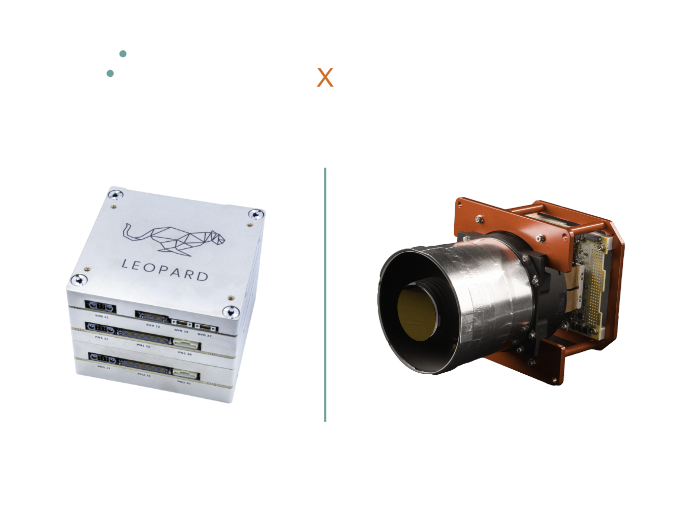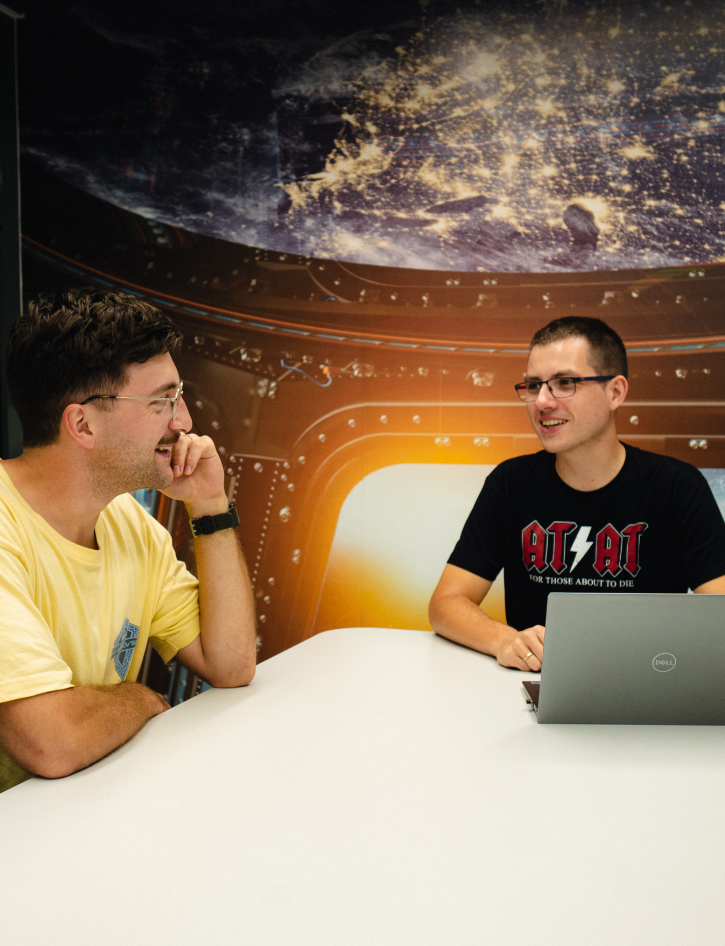

Antelope
Antelope is a Data Processing Unit (DPU) designed for CubeSats to run algorithms and perform data or signal processing on board.

Specification
Equipped with Zynq UltraScale+ MPSoC ZU2/ZU3/ZU4/ZU5:
• Quad ARM Cortex-A53 CPU up to 1.5 GHz
• Dual ARM Cortex-R5 in lock-step
• FPGA for custom function implementation
• 8 GB DDR4 with ECC
• 4 GB SLC NAND Flash
• Optional SATA SSD
• CAN, I2C, GPIO, SPI, RS422/485, UART, GPS PPS, LVDS or GTH transceivers, USB 3.0, USB 2.0, Ethernet 1Gb, SATA
• Supply Voltage: 6.5 to 14 V (VBAT)
• 64-bit Linux or bare-metal applications
• PC-104
Advantages
Processing Speed
Powered by Zynq UltraScale+ MPSoC, providing 160 GOPS, Antelope efficiently handles processing tasks directly on board.
Data-Intensive Applications
Built for managing substantial datasets, it allow satellites to operate with minimal ground dependency.
Reliable Operation
With advanced fault tolerance and radiation shielding, Antelope ensures consistent performance in harsh space environments.
Key applications
Earth Observation and Remote Sensing
Processes satellite imagery on-board in real-time, supporting applications like environmental monitoring and resource management.
On-Board Spectral Data Processing
Performs real-time spectral data analysis on-board, enabling tasks such as vegetation health assessment, material identification, and atmospheric analysis.
Telecommunications and Data Compression
Handles data compression and encoding directly on-board, optimizing transmission size and improving bandwidth efficiency for satellite communications.
Compatibility
Leopard DPU is compatible with the HyperScape100 hyperspectral camera by Simera Sense, enabling real-time onboard data processing, reduced data downlink, and faster access to actionable insights directly in orbit.

Use cases

In-Orbit Demonstration of Antelope
- The mission successfully demonstrated in-orbit capabilities of the Antelope system through 8-week continuous operation in LEO, validating its reliability and performance.
- The mission achieved critical flight heritage by testing onboard machine learning algorithms for telemetry and anomaly detection in actual space conditions.
- Through successful orbital demonstration, the project verified system resilience and validated advanced algorithms like RandomForest and Telemanom in real space operations.
Would you like to try it out?


A Smart Mission Lab is a remote testing environment that provides users with access to real satellite hardware, allowing them to evaluate and test it before making a purchase.
Let's talk
Contact us for any inquiries or collaboration opportunities—our team is here to assist you.

.png)


